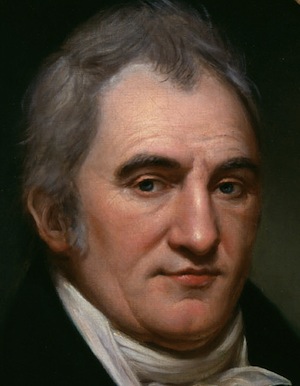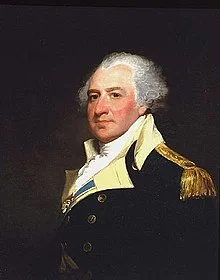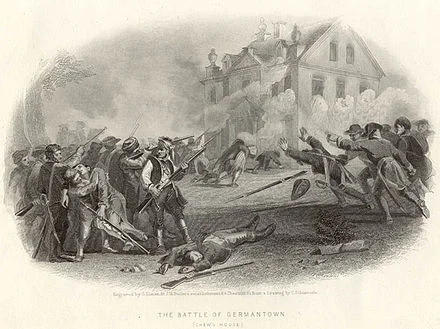Nathaniel Folsom Does Not Dazzle By Brilliancy
Nathaniel Folsom was a signer of the Continental Association.
Folsom also played a role in creating the New Hampshire Constitution.
Nathaniel Folsom
Nathaniel Folsom was the head of a large merchant firm which specialized in timber when he was chosen to represent his hometown, Exeter, in the New Hampshire Provincial Congress.
It just so happens that this was just as the American Revolution was beginning to bubble, and Folsom had been chosen due to his Patriotic Ideals. He already spent several years as a member of the Town Council and therefore was trusted by his constituents.
Shortly after he began attending meetings, Nathaniel was chosen as one of New Hampshire’s two Delegates to the First Continental Congress.
Revolutionary
Despite the adverse effect it would have on his merchant firm, Nathaniel Folsom supported the boycott of trade with Great Britain in an effort to have the colonial grievances addressed.
Folsom signed the Continental Association, the first major document of the American Revolution.
Nathaniel returned home and was soon appointed as a Major General in the New Hampshire Militia. He was responsible for all soldiers from New Hampshire who were sent to other colonies, though he only maintained that office for a handful of months.
He continued to serve in the State Assembly throughout the Revolutionary War.
New Hampshire Constitution
Folsom returned to the Continental Congress twice during the war, serving for a total of four years.
At the end of the Revolutionary War, Nathaniel was a Delegate to the New Hampshire Constitutional Convention. The service he provided for his State had become so respected that he was chosen as Chairman of the Convention.
As Chairman, Folsom oversaw the debates, kept things civil (well, as civil as possible), and produced the body of Government which would oversee the State.
Conclusion
In 1903, historian Henry Baker gave a speech to the New Hampshire historical society regarding the life of Nathaniel Folsom and, I think, sums up his life brilliantly. Baler said:
“(Nathaniel) was not a great man, but he could do many things well—he did not dazzle by brilliancy, but won the esteem, respect, and approval of his fellow-men by conscientious service. Such men are worthy of commemoration.”
This, in essence, is the legacy of Nathaniel Folsom. As with many of the Founders we discuss, he wore many small hats but never stood out enough to really leave a major mark on history.
You can read Henry Baker’s speech here.
To read about other Founders from New Hampshire, check out these posts on Meshech Weare and Woodbury Langdon.
There is not a good biography of Nathaniel Folsom available, so I will again let you know that I am currently reading ‘First Founding Father’ which is very good (though it takes a more sympathetic approach to Arthur Lee than I do). If you’d like to read it along with me, pick up a copy from the Amazon affiliate link below.
If you are new to this site, please consider subscribing to our email list for a new Founder every morning.






